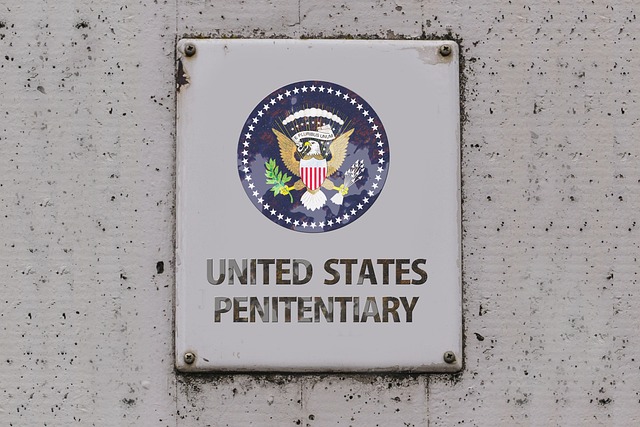Veterans in high-risk geographic areas face unique DUI challenges due to elevated alcohol consumption and reduced enforcement, exacerbating existing mental health and substance abuse issues. To address these issues, targeted interventions focusing on root causes of DUI are crucial. This includes providing comprehensive support services like mental health counseling, substance abuse treatment, and peer support groups. Such initiatives aim to decrease alcohol-related incidents and help veterans achieve sobriety and successful reintegration into society. Effective defense strategies for DUI charges involve understanding veteran post-service transitions, connecting them with specialized groups, providing mental health resources, and offering legal guidance tailored to military-to-civilian transitions. High-risk geographic area interventions are vital for supporting veterans' holistic well-being.
Veterans facing DUI charges in high-risk geographic areas encounter unique challenges. This article explores tailored interventions designed to offer effective support, specifically addressing the complex factors that contribute to impaired driving among veterans. By understanding the specific risks in these regions, defense strategies can be customized for better outcomes. We delve into innovative approaches, emphasizing the importance of targeted assistance for veterans seeking help with DUI cases.
- Understanding Veterans' DUI Challenges in High-Risk Geographic Areas
- Tailoring Defense Strategies: Interventions for Effective Support
Understanding Veterans' DUI Challenges in High-Risk Geographic Areas

Veterans facing DUI charges in high-risk geographic areas face a unique set of challenges. These areas, often characterized by elevated alcohol consumption and reduced enforcement presence, can exacerbate existing issues related to PTSD, substance abuse, and mental health. The combination of these factors creates a complex web where veterans may struggle to access the help they need, leading to higher rates of recidivism.
High-risk geographic area interventions tailored for veterans are crucial. These initiatives focus on addressing the underlying causes of DUI by offering comprehensive support services, including mental health counseling, substance abuse treatment, and peer support groups. By implementing targeted strategies in these areas, it’s possible to reduce alcohol-related incidents and provide veterans with the tools they need to maintain sobriety and reintegrate into society successfully.
Tailoring Defense Strategies: Interventions for Effective Support

In crafting a defense strategy for veterans facing DUI charges, understanding their unique circumstances is paramount. Veterans often navigate complex transitions, both physically and emotionally, upon returning home. These challenges can include readjusting to civilian life, dealing with invisible wounds like PTSD or TBI, and adjusting to new surroundings. High-risk geographic area interventions play a crucial role here. By recognizing that veterans might be facing heightened stress levels in specific regions—whether it’s due to urban hustle and bustle or remote isolation—defenders can tailor interventions accordingly. This could involve connecting them with specialized support groups, providing resources for mental health care, or offering legal guidance attuned to the unique military-to-civilian transition experience.
Effective defense goes beyond mere legal arguments; it’s about wrapping around the veteran with comprehensive support. This might include partnering with veteran services organizations, leveraging veterans’ skills and resilience as strengths in court, and ensuring their long-term reintegration into society is considered. By addressing these holistic factors, a tailored defense strategy not only strengthens the case but also offers genuine help to a population that has already braved significant challenges.
Veterans facing DUI charges in high-risk geographic areas require tailored interventions due to unique challenges. By understanding these issues, defense strategies can be customized for effective support, ensuring fair outcomes and addressing the specific needs of this population. Implementing targeted interventions is key to navigating these complex cases and providing much-needed assistance.






